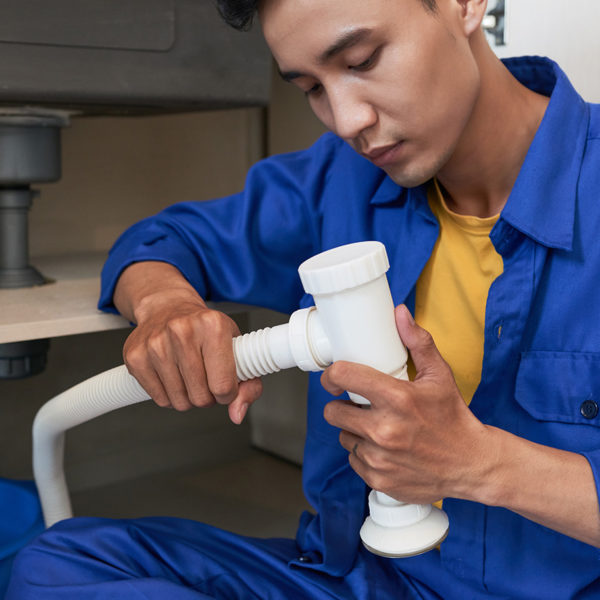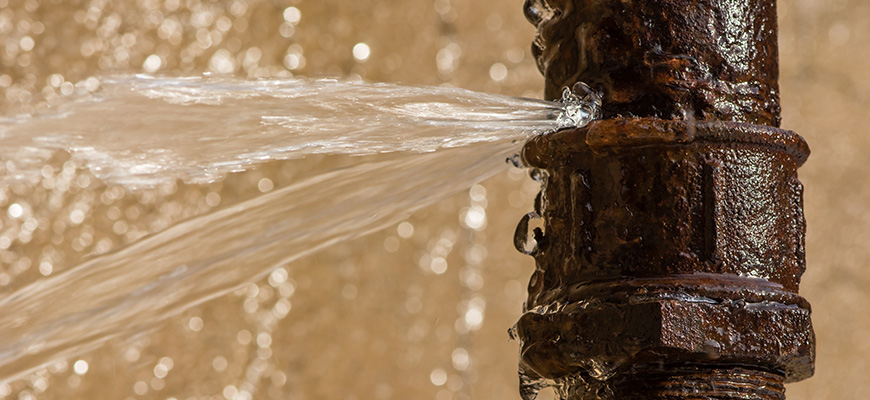If you are new to the world of plumbing, you may be unfamiliar with some of the terminology used by professionals. Understanding common plumbing terms can help you communicate more effectively with plumbers and make informed decisions about your plumbing. Here is a guide to some common plumbing terminology:
Common Terminology
Fixture: A plumbing fixture is an appliance or device that uses water, such as a sink, toilet, or shower.
Pipe: A pipe is a tube used to transport water, gas, or other fluids. Pipes can be made of various materials, including copper, steel, and plastic.
Drain: A drain is a pipe or channel that carries wastewater away from a fixture or appliance.
Sewer: A sewer is a system of pipes that transports wastewater from homes and businesses to a treatment plant.
Water heater: A water heater is a device that heats water for use in a home or business. There are several types of water heaters, including tankless, gas, and electric.
Shut-off valve: A shut-off valve is a device that controls the flow of water in a plumbing system. Shut-off valves are often located near appliances or fixtures and can be used to turn off the water in the event of a leak or other issue.
Trap: A trap is a curved section of pipe located under a sink or other fixture that prevents sewer gases from entering the home.
Septic tank: A septic tank is a large underground tank used to treat and dispose of wastewater in areas without a public sewer system.
Backflow: Backflow is the flow of water or other fluids in the opposite direction of the intended flow. Backflow can occur when the water pressure in a plumbing system changes, and it can be dangerous if it occurs in a drinking water system.
Leak: A leak is a hole or crack in a plumbing system that allows water or other fluids to escape. Leaks can be caused by a variety of factors, including damage, wear and tear, and improper installation.
In conclusion, understanding common plumbing terminology can help you communicate more effectively with plumbers and make informed decisions about your plumbing. By familiarizing yourself with these terms, you can better understand the inner workings of your plumbing system and take a more active role in its maintenance and repair. Understanding basic plumbing terms can help you save money in several ways. First, it can allow you to communicate more effectively with plumbers and other professionals, which can help to avoid misunderstandings and costly mistakes. For example, if you know the specific type of fixture or pipe that you have, you can more accurately describe the problem to a plumber, which can help them diagnose the issue and provide the appropriate solution.
Additionally, understanding common terminology can also help you identify potential problems and take preventive measures to avoid costly repairs. For example, if you know the location of your shut-off valves, you can turn off the water in the event of a leak or other emergency to prevent further damage.
If you have any questions or concerns about your plumbing, it is always a good idea to consult with a professional plumber for expert advice and assistance.
Click to Learn More!


